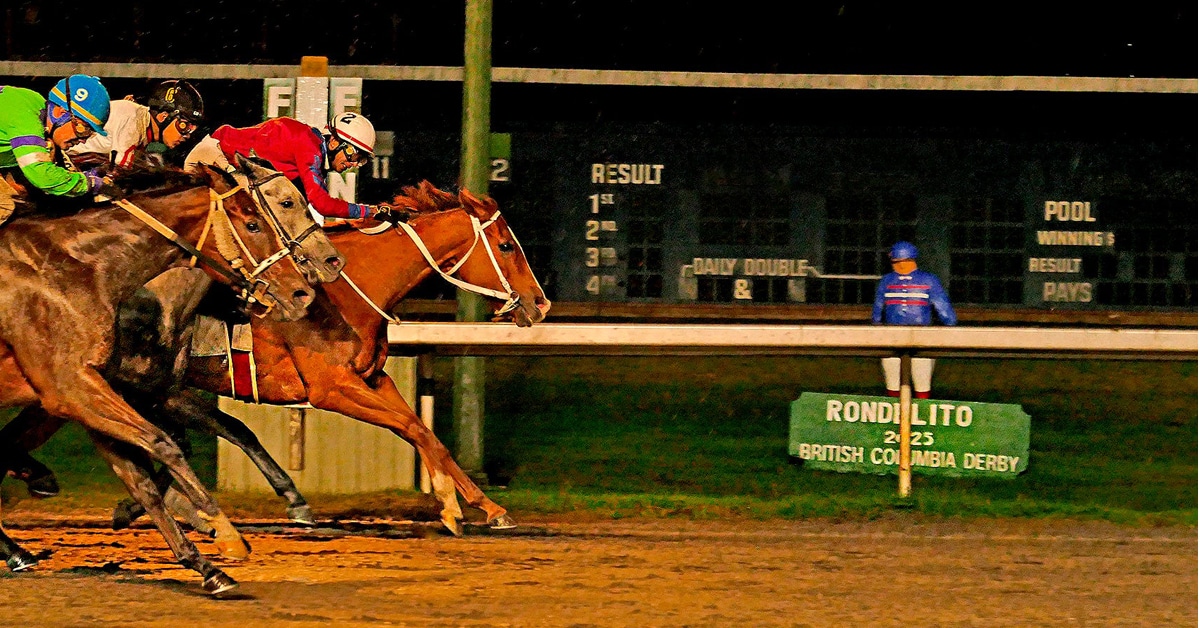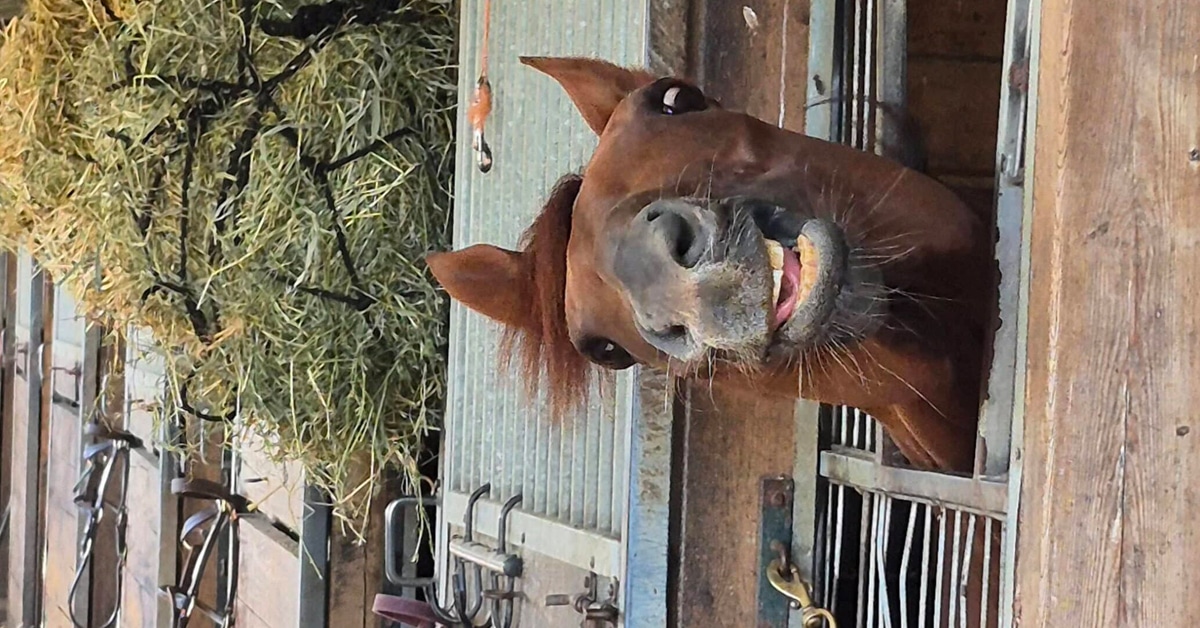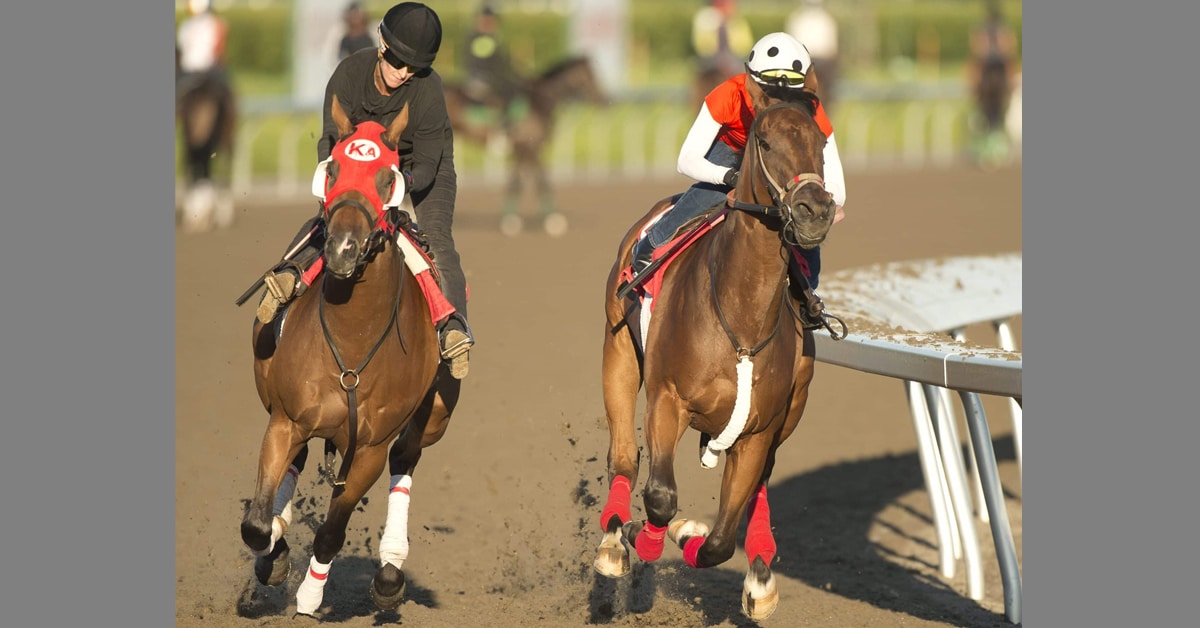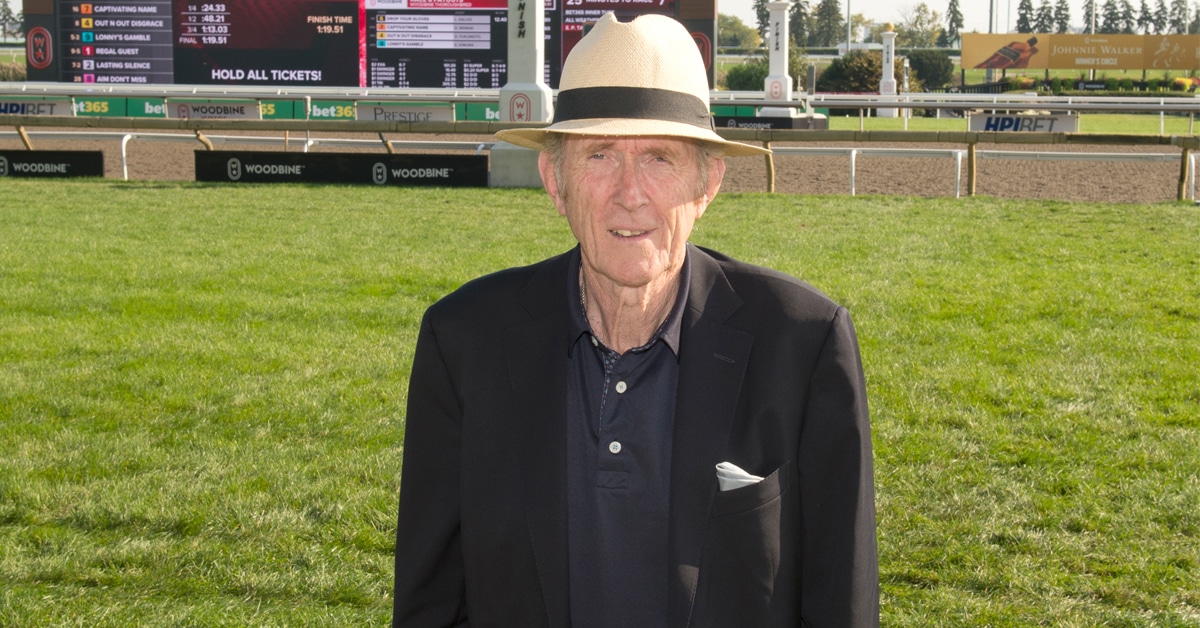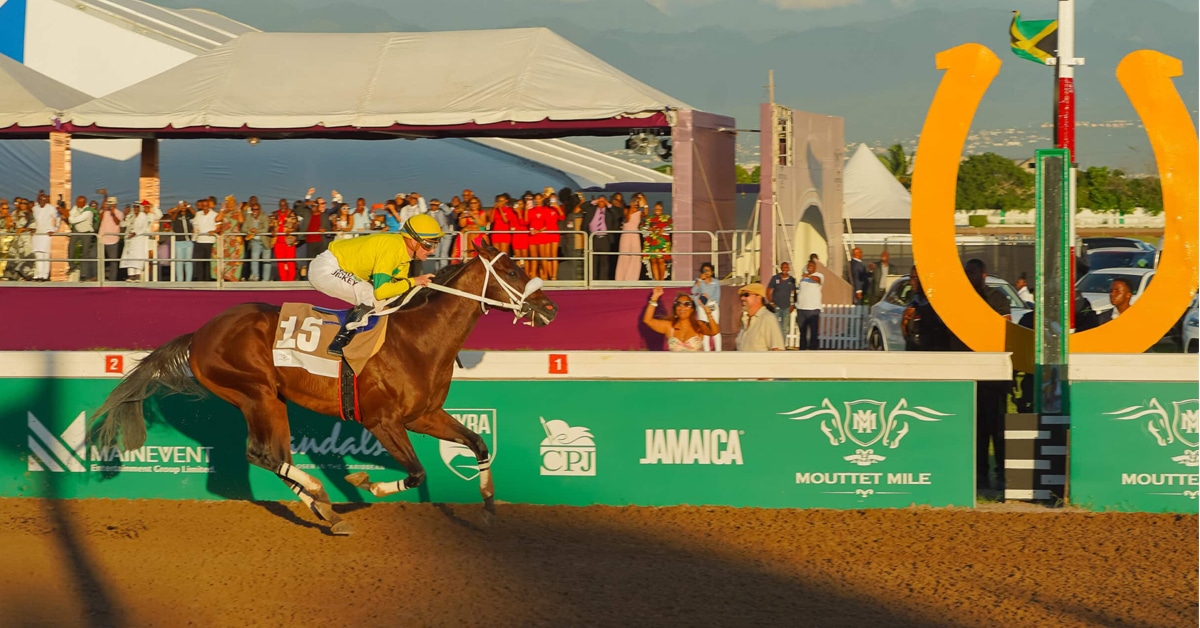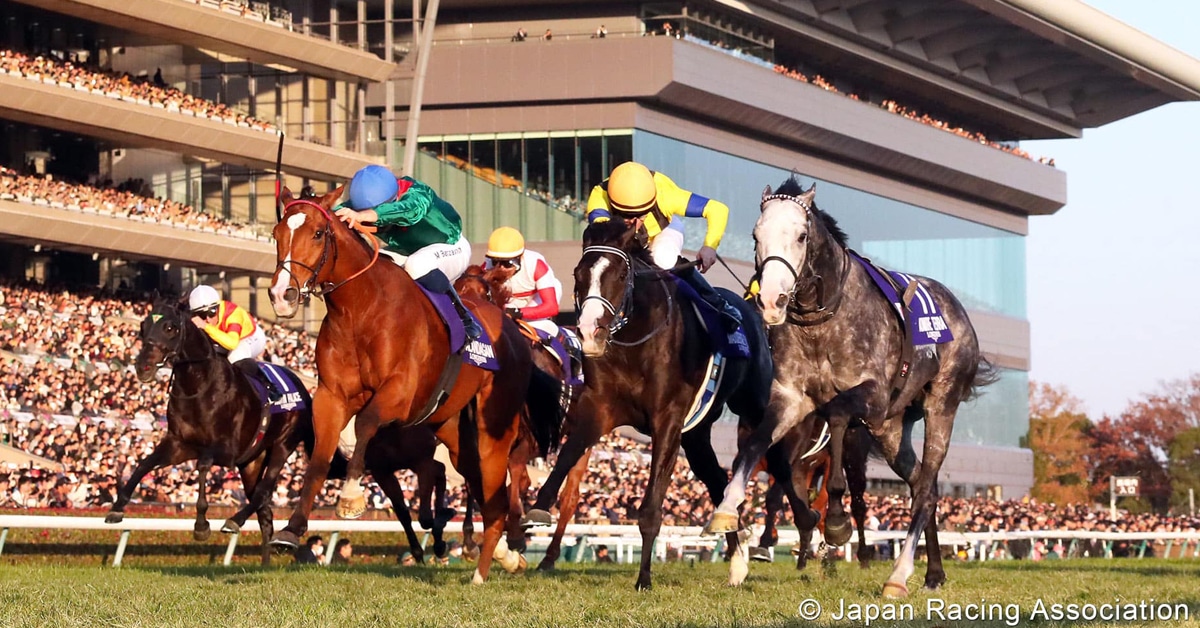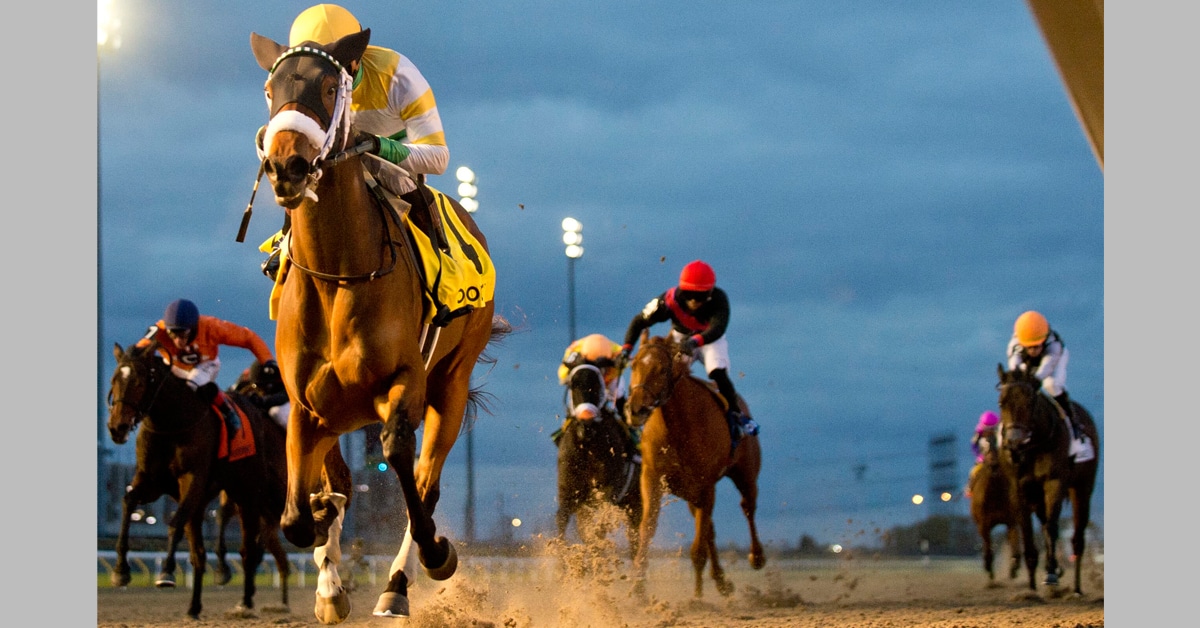At the recent International Society for Equitation Science Conference, a team of researchers from Switzerland, the United Kingdom and the United States, discussed a study they conducted which asked whether eye wrinkles in horses are caused by negative emotional states or if they are simply an anthropomorphic interpretation based on the fact that humans associate wrinkles at the inner eye brow with worriedness.
Lead by Sara Hintze, of the University of Bern and Agroscope, Swiss National Stud Farm, Switzerland, the team investigated whether there was a relationship between eye wrinkles and emotional states in horses. The study took place at the Swiss National Stud Farm in Avenches, Switzerland, using 16 horses, most of whom were Franches-Montagnes stallions.
They induced different emotional states in the horses and assessed whether situations presumed to be positive (anticipation of a food reward and petting) would reduce the expression of eye wrinkles or situations presumed to be negative (food competition and waving a plastic bag) would increase it. All four test conditions were chosen on the basis of being things that horses were reasonably likely to encounter within their regular management system.
During the study, a photographer captured pictures of both of the eyes of each of the horses’ whilst being tested in all four conditions. Analysis of the number of wrinkles, the extent of wrinkling and how much white of the eye was shown led to the conclusion that some characteristics of eye wrinkling were affected by different emotional states.
Researchers concluded that emotional states may be linked with characteristics of eye wrinkle expression and may therefore be a potential indicator of horse welfare; however further research is needed.
The International Society for Equitation Science (ISES) is a not-for-profit organisation that aims to facilitate research into the training of horses to enhance horse welfare and improve the horse-rider relationship. This year’s conference was held August 5-8 in Vancouver, British Columbia, and the theme was Ethical Equitation for All Equestrian Disciplines: Breaking Barriers and Building Bridges.
More News
